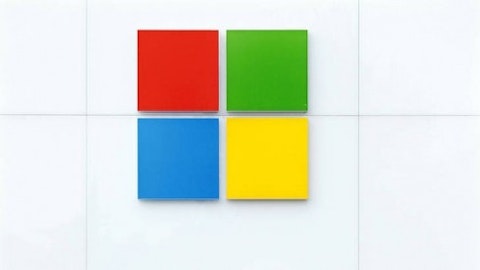At one point, Apple Inc. (NASDAQ:AAPL) seemed invincible. Its stock was growing at an inconceivable rate and the company was constantly innovating, coming up with bold new products that cemented its status as the leader of the technological world.

However, Apple Inc. (NASDAQ:AAPL) has fallen off the proverbial cliff since the third quarter of 2012. Its market cap has fallen from a peak of more than $625 billion to below $400 billion, a drop roughly equivalent to the entire market cap of General Electric Company (NYSE:GE).
Its stock has fallen just as precipitously, from more than $700 to just above $400, a decrease of about 40%. As we look into the future, is it time to abandon ship, or is there still hope for Apple?
Risk factors for Apple
Firstly, the markets in which Apple Inc. (NASDAQ:AAPL) competes are characterized by frequent product introductions, aggressive price cutting, and continual improvement in price to performance ratios. Apple’s stock and market cap have fallen as a result of its failure to match these market norms. Instead of introducing cutting-edge products, it has made a habit of tweaking old products with bells and whistles, such as new colors. As a result, it has lost a considerable amount of market share in both the smartphone and tablet markets.
Apple needs to regain its status as an innovator. Its products can’t simply be reboots of old ones; the company must be at the forefront of any technological movements, as it was with the iPod, iPhone, and iPad.
Competition
Apple Inc. (NASDAQ:AAPL) has also been unable to cut prices, as it refuses to sacrifice quality. That’s a dangerous road to travel. If other companies such as Samsung (NASDAQOTH:SSNLF) can produce better, lower-cost alternatives to the iPhone, Apple will lose market share in both the developed and emerging markets.
Look out for a budget iPhone. Rumors about one have abounded in recent months, and it could be Apple’s saving grace. However, it is unlikely that Apple will be able to compete with Samsung in the long run, and for this reason I am bullish on Samsung.
The hype that once surrounded Apple’s releases now surrounds Samsung, and Samsung is breaking new ground in the development of its phones. Instead of following Apple’s lead, Samsung is taking charge. In technological fields, innovation is key, and Samsung is showing that it is capable of creating new, highly anticipated products. Watch for the stock to soar.
Secondly, Apple Inc. (NASDAQ:AAPL)’s direction as a company is predicated upon a faulty business model. Since its inception, it has obstinately refused to license its operating system to other manufacturers. This was a problem for the company back in the 1990s when this decision nearly killed Apple as a company.
In 2000, only 3.4% of all computers sold were Macs. Apple was saved by the iPod, but it has continually followed the same model that put it in trouble in the first place. Apple refuses to license iOS or OSX to manufacturers, which means that to get either system, consumers have to buy Apple. This makes it so that Apple sells more hardware, but the smartphone market revolves more and more around software.
Apple’s policy constrains software developers, which have no incentive to produce for a constrained, high-end market. Neither tablets nor smartphones require intertwining of hardware and software, and Apple needs to recognize this before it’s too late.
Google Inc (NASDAQ:GOOG)’s Android platform is currently outselling Apple’s iOS 5:1, and there’s no reason that this trend shouldn’t continue, especially with the mobile-app market shifting more and more toward Android.
The same dynamics that almost caused Apple Inc. (NASDAQ:AAPL)’s demise a decade ago could be headed for its iPhone and tablet sales. Android is poised to become as ubiquitous on tablets and smartphones as Microsoft Corporation (NASDAQ:MSFT) Windows is on computers. This is a highly favorable comparison for Google.
The computing market is shifting toward smartphones and tablets, which should cause a spike in the number of devices running Android. This means more money for Google. Research In Motion Ltd (NASDAQ:BBRY) and Symbian operating systems are non-factors, and as a result I wouldn’t be surprised to see Google garner an 85% smartphone and tablet operating system market share, just as Microsoft Corporation (NASDAQ:MSFT) did with the PC market.

